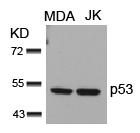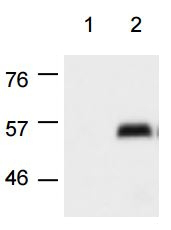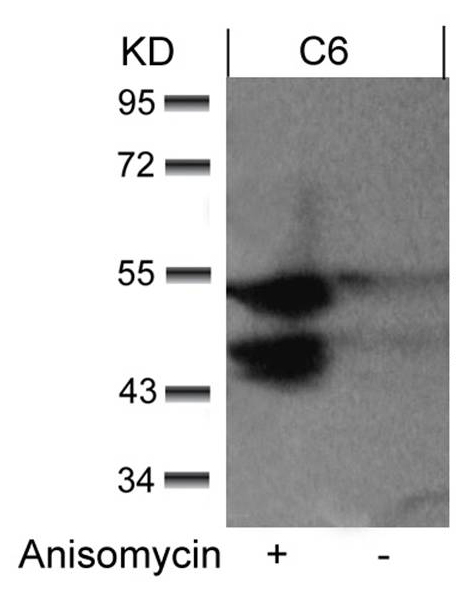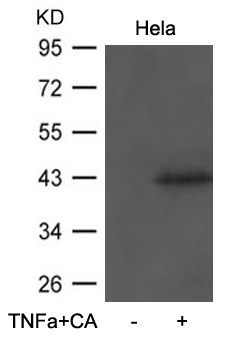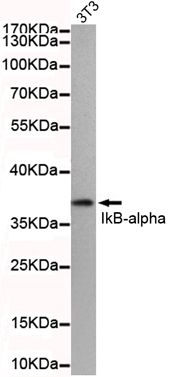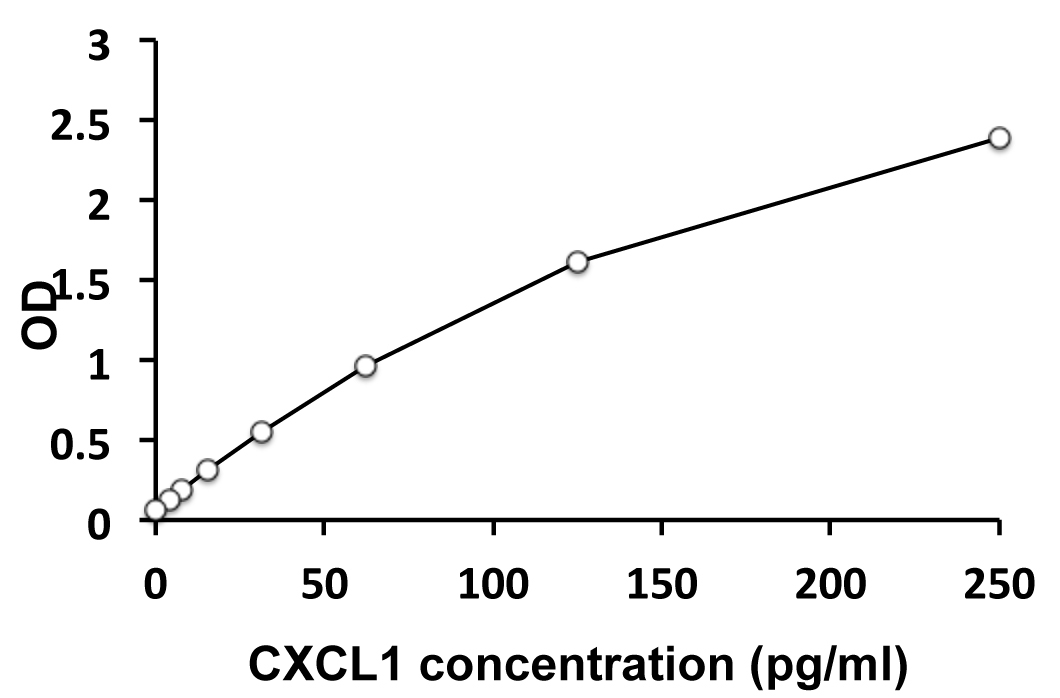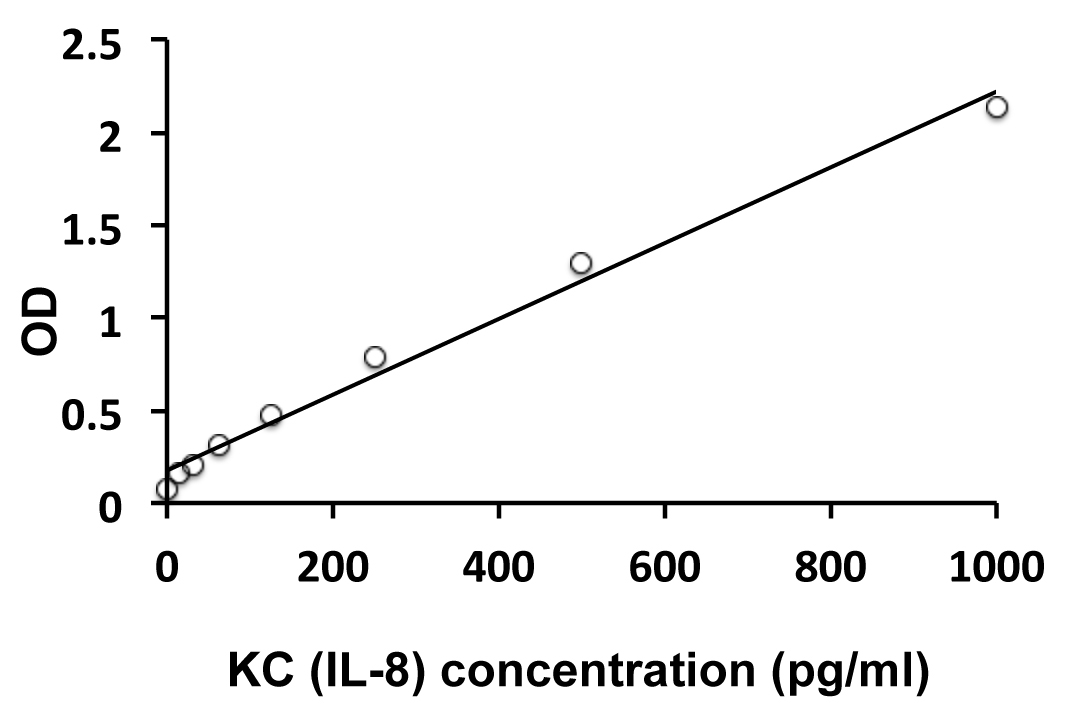Immune signaling protein TLR4 has opposing roles in breast cancer development
Immune signaling protein TLR4 has opposing roles in breast cancer development
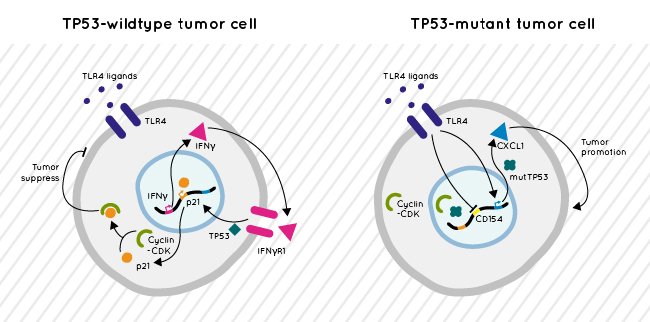 The TLRs (Toll-like receptors) normally function in immune cells to activate signaling molecules in response to infection. TLR4, one of the members of Toll-like receptors, induces anti-tumor immunity by modifying secreted cytokines in the tumor microenvironment. Surprisingly, TLR4 also has been shown to promote cell growth and drug resistance in breast cancer tissues, in contrast to its already-known function in tumor-associated immune cells. The question of what mechanism governs the decision of TLR4 going into tumor suppression or promotion remains to be elucidated. Svasti Haricharan and Powel Brown, in a recent study published in PNAS, showed that TLR4 has opposing roles in breast cancer development. In TP53 wild-type breast cancer cells, TLR4 activation releases IFN-γ into the microenvironment, resulting in induction of p21 and inhibition of cell growth. On the other hand, TLR4 activation in TP53 mutant cells promotes cancer cell growth by inducing CXCL1 secretion and inhibiting anti-growth cytokine CD154. More importantly, this study discovered that the link between TP53 and TLR4 is not specific to breast cancer. Malignancies with frequent mutation of TP53, such as ovarian, head and neck, and bladder cancers, appear to retain high protein level of TLR4. This result strongly suggests the need to investigate TP53 status in tumor before implementing anti-TLR4 drugs as cancer therapy. [Haricharan S, Brown P. PNAS 2015; 112(25):E3216-E3225]. p53, also known as tumor antigen TP53, acts as the tumor suppressor in many cancer types. Upon p53 activation, it would negatively regulate cell division by auto-phosphorylation at Ser-15 site and translocated to the nucleus to further activate cell-cycle arrest protein expression. arigo provides Phospho p53 Antibody Duo (ARG30213) for the investigation of signaling transduction through by p53. In this study, researchers demonstrated that TLR4 activates cytokines secretion to the microenvironment through the NF-kB signaling pathway activation. arigo’s NF-kB Activation Antibody Panel (ARG30205) contains multiple antibodies to detect key protein activation in this signaling pathway. The cytokines of the tumor microenvironment always play important roles in cancer development. arigo offers the most complete panels of cancer research-related ELISA kit, including CXCL1 ELISA kit (ARG80236; ARG80208), demonstrated as an important factor as according to this study.
Antibody Duo
Antibody Panel
|
||||||||||||||||||||||||||||||||||||||||||||||||||||||
